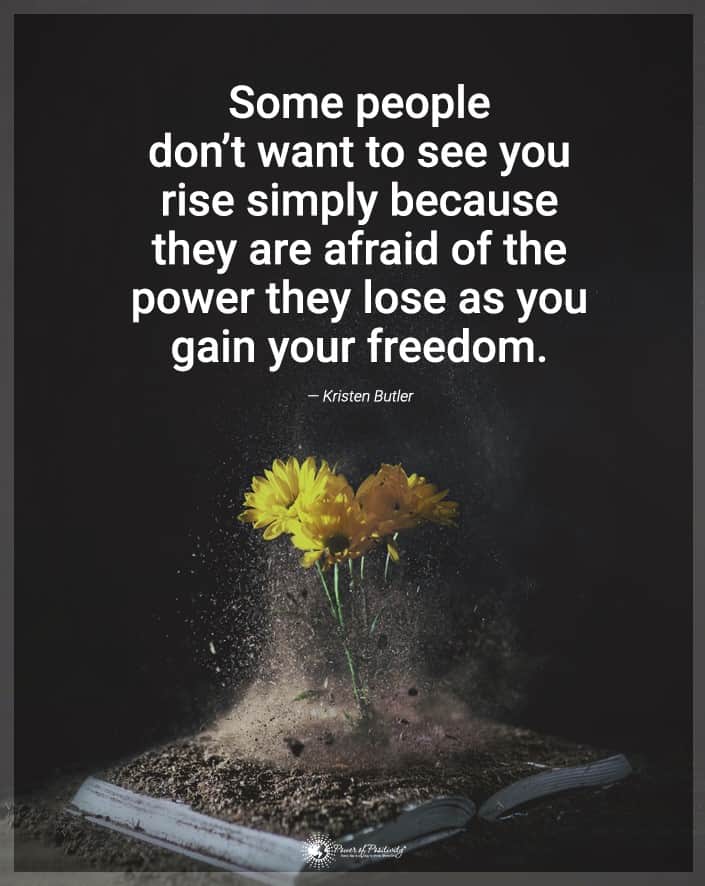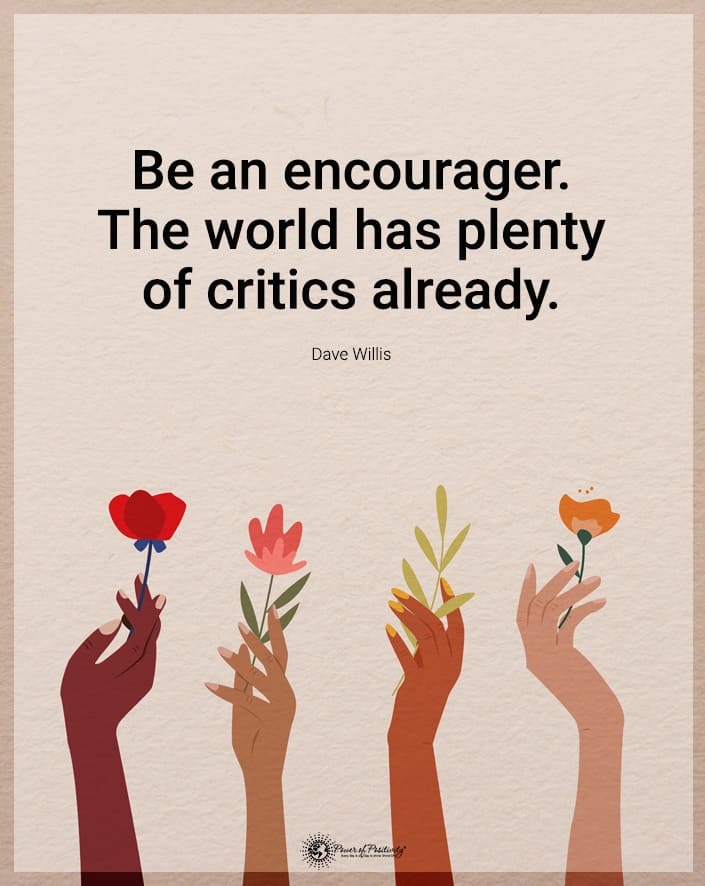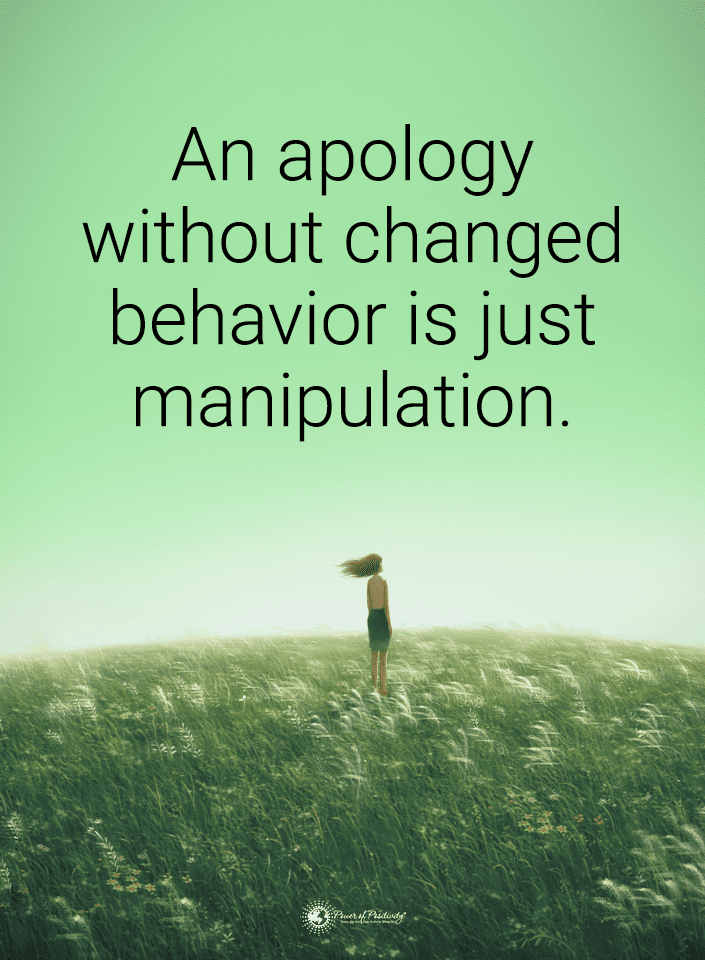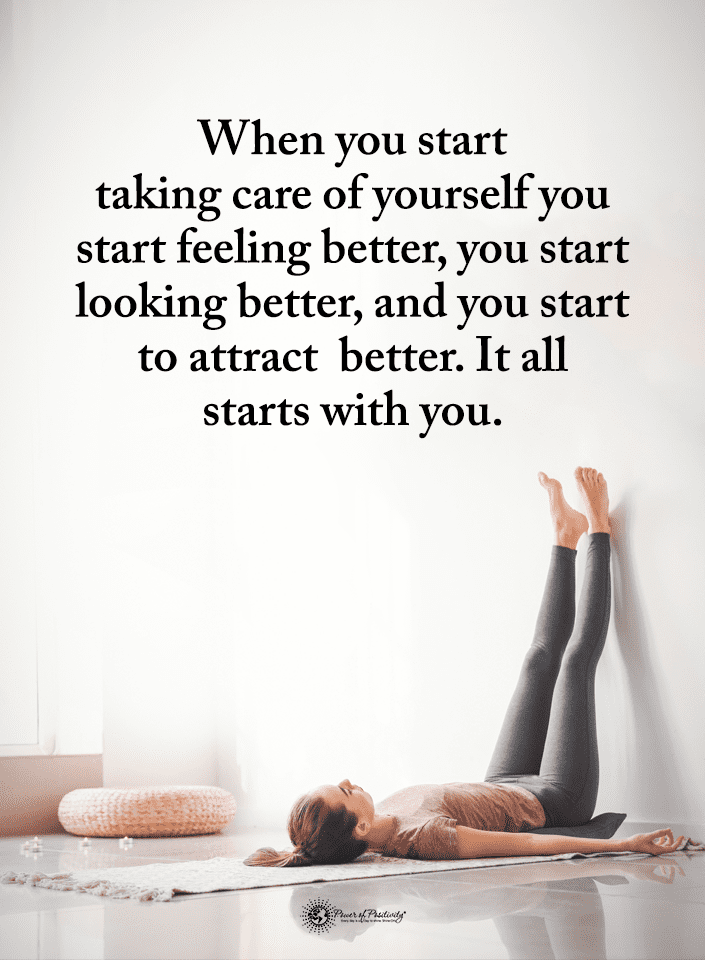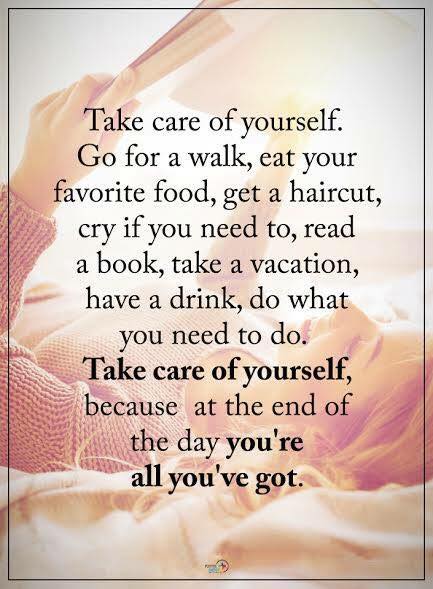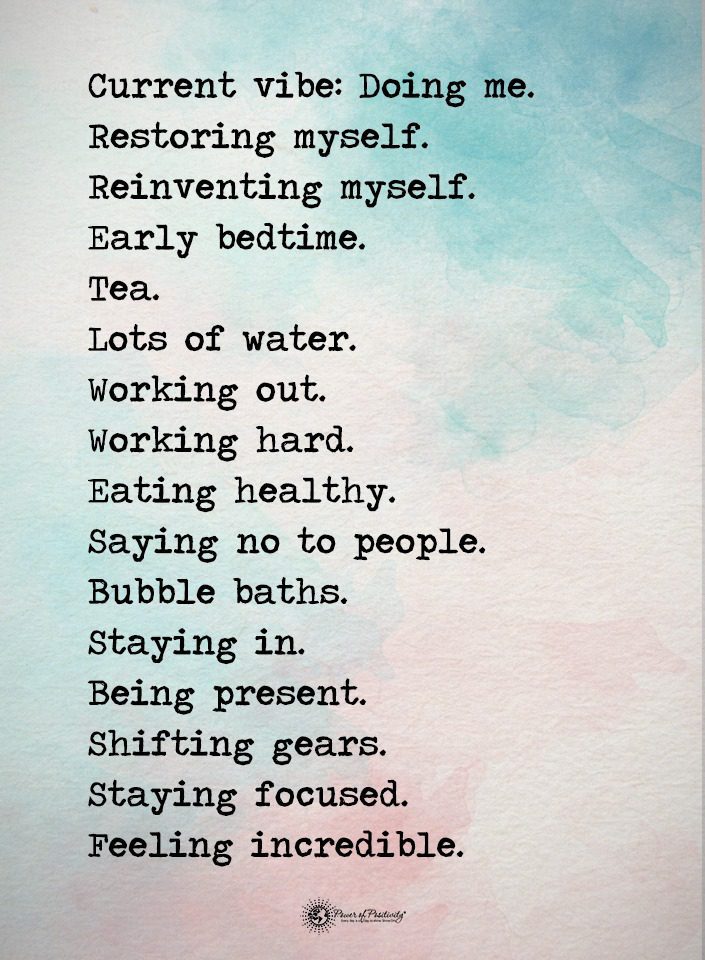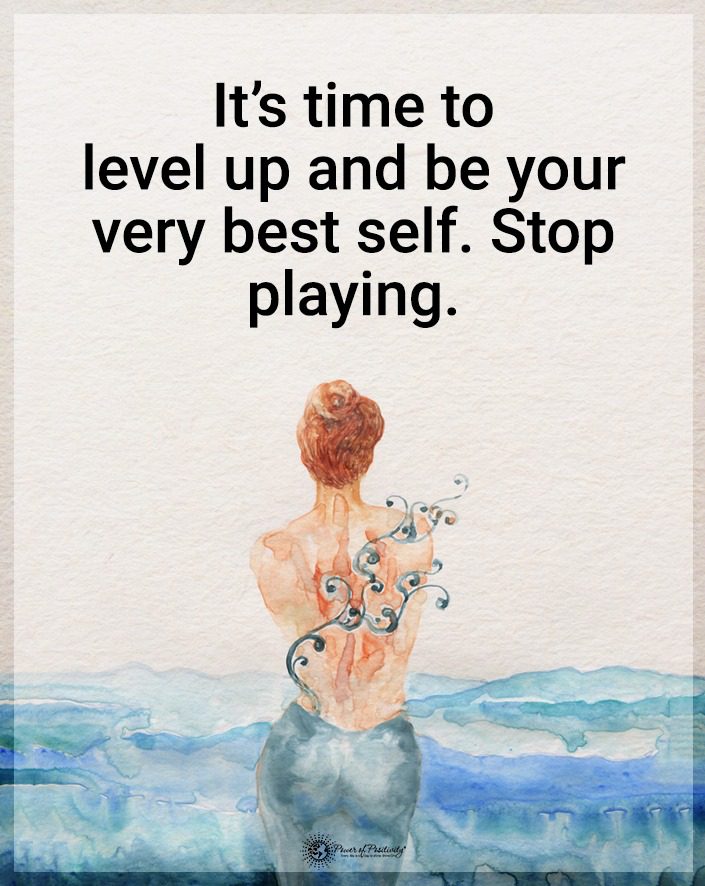How can you tell if your coworker is quiet quitting? They may not even mention resigning, but they checked out long ago. Could it be that they have burnout and are searching for another job or way to fulfill them in life?
Very few people get a job when they’re young and stay there until they retire. According to statistics published by the U.S. Bureau of Labor Statistics, the average person has almost twelve and a half jobs in a lifetime. These are averages of those who were born after 1964. People aged eighteen to twenty-four hold half of those jobs.
Of course, some of these jobs represent promotions within the same company. You may have had fewer or more in your work history, which may be dependent on your health and other circumstances. It only makes sense to move on when the pay, benefits, and satisfaction are more significant than in your current position.
Two Ways People Experience Work Burnout and (Eventually) Quit Their Jobs
How do you know if one of your colleagues is quiet quitting? There’s more than one way that people leave their job. It can be done by resigning amicably or with a negative fall-out, depending on the person and situation. Here are some ways you can quit.

- Resigning the Classic Way With a Two-Week Notice
In most instances, you find a better job with better pay and turn in a two-week notice as a courtesy to the employer. The boss and all your coworkers know you’re leaving and wish you the best. You may miss the present position or be grateful you’re resigning to move on.
- The Hard Quit aka Blaze of Glory aka Burning Bridges
Unfortunately, not all work environments are conducive to safe and happy employees. Maybe you’ve had at least one job in your life that was so bad that you left without notice. You packed up your things and walked out without resigning, even though you had no job prospects. Or you might know someone who quit in anger and severed all ties with the employer. It happens when employee burnout reaches unbearable levels. This frustration can arise from unrealistic and demanding employers, lack of job growth, unfair practices, or low pay. Regardless of the reason, you do not plan to return. Ever.
What is Quiet Quitting?
Quiet quitting is a relatively new name for a process that employees have done for ages. It’s usually when someone has burnout or is constant strife with management and other staff. Most people leaving a job they love don’t resort to this silent parting of ways.
Quitting quietly can last for months, not just a week or two. It’s when you no longer have a vested interest in your job and do what’s only minimally required to keep employment. You may have burnout, and it’s the only way to cope with the stress.
Is Your Colleague (or Employee) Quiet Quitting?
It can be sad to watch someone you’ve worked with for years struggle and be unhappy at work, yet resigning is not an option. Often, it could be a home situation affecting their mood. Different life stressors can change a person’s work habits and performance.
However, there comes a time when an employee is burned out and needs a change. They may stay on the down low because they need another job before they leave the present one. These are eight signs that someone is quiet quitting that you should know.
1. Quiet Quitting Comes From a Lack of Enthusiasm and Passion
It doesn’t take a lot of intuition to notice a new employee. They are bright-eyed, curious, and eager to learn everything they can about the job. Newbies often work longer hours and develop a passion for their work.
One of the first signs you’ll notice about a quiet coworker quitting is that the flame is gone. They only say what’s necessary about work-related issues and don’t go the extra mile. They no longer have a vision for the company and may make snide comments that show their unhappiness.
2. Employee Burnout Equals Reduced Productivity
When you’re in a job you love, your tasks may seem more pleasurable than work. A satisfied employee will not only do what’s required but also go above and beyond. According to an article published by Glassdoor Economic Research, higher salaries don’t necessarily create job satisfaction.
Burnout is a common problem in most careers, especially those with high stress levels. Even if you make more money, your attitude may become jaded because of disappointments and unrealistic expectations. If your fellow employee isn’t on top of things anymore, these issues may be why they want to leave.
3. Quiet Quitting Employees Are No Longer Team Players
When employees work together as a team, everybody wins. Being an excellent team player is often a strength people highlight on their resumes. Teamwork builds morale and creates strong professional confidence.
Your colleague may be quiet quitting if they start distancing themselves from a team project. They’ll do the minimum expectation and won’t offer a bit more. While they were once a significant contributor, their voice is now almost silent.
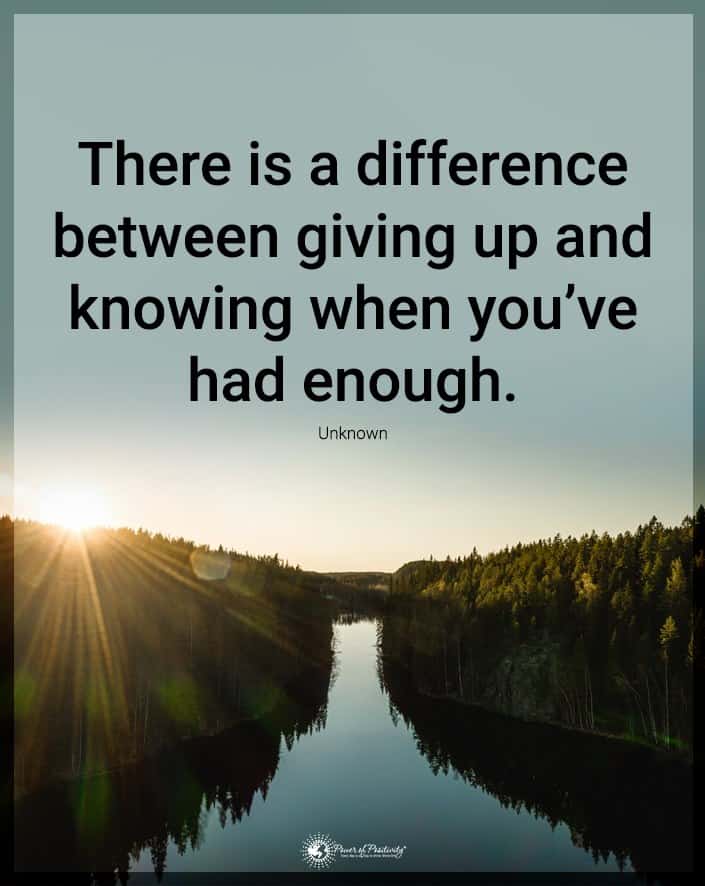
4. Ignoring the Time Clock
There are different ways that workers get paid for the hours they work. Hourly employees usually have a set time for arrival, lunch, breaks, and ending of their day. Some companies use the honor system, while most depend on a time clock.
Salaried employees get a set wage and have more flexible hours. Whether hourly or salary, you’re expected to be punctual and productive. Those who aren’t will soon find themselves on the unemployment line.
If you value your job, you’re mindful of your time and don’t cheat on your hours. You may come in early and leave late, often without extra pay. Loving what you do doesn’t make that an issue.
You’ll notice when a coworker is experiencing burnout that they’re often late and leave early. They may also take more sick days and use their vacation time. If they quit quietly, they want to be at work as little as possible.
5. Quiet Quitting Could Mean Frequent Absences from Meetings
Almost all jobs and careers require regular meetings with supervisors, colleagues, employees, or clients. Some of these may be in person, by phone, or via a computer app. These are critical times to make announcements, discuss problems, and brainstorm solutions.
Does a specific employee seem disengaged when they attend meetings? They may be playing on their phone or doodling on paper. They aren’t interested in what’s happening.
Participating in endless meetings can be difficult for a dedicated employee, let alone one dissatisfied with their job. Do you have a colleague who has started to be late and miss work meetings? It could be a red flag that they are working their way out the door.
6. The Quiet Quitter May Display Chronic Pessimism
No perfect job or work environment exists, even if you work for yourself. You’ll always encounter problems that need to be solved or new ways of doing things. Change isn’t easy, but a company needs to thrive.
Everyone can have an occasional bad day and flippantly remark about their job, the company, or another coworker. However, such negativity becomes a pattern for those who are quitting quietly. Their countenance reveals their stress and discontentment, and they voice it regularly.
It’s even more revealing if this fellow employee was more positive in the past. Maybe they’ve become cynical and no longer feel a purpose at work. Unfortunately, such pessimism can affect employee morale and create a hostile work environment.
7. More Negative Feedback than Usual
Regardless of your hard work, you’ll never satisfy every boss, colleague, or customer. Some of their criticism may be constructive, and some just plain hateful. A coworker ready to walk will often receive more complaints than usual, affecting morale.
If they are unhappy with their job, their attitude and performance will show it long before they resign. Other employees may complain about having to carry their load. Their people skills may falter, and more customers complain about their services.
Those who care about their position will try to make any improvements necessary. Ones who couldn’t care less may see the negative feedback as even more reason to leave. In the worst-case scenario, such employees may be fired while trying to quit quietly.
8. Quiet Quitting May Display a Sudden Switch to Happiness (right before they leave)
You might have noticed all these signs and have assumed that your coworker is resigning soon. They may seem tense negative, and have lost all interest in their job. Then, suddenly, their mood shifts, and they are on cloud nine.
While they still only do the minimum expectations, they seem distracted happily. Your fellow employee may drop thinly veiled hints that greener pastures are ahead. You might see them whispering on their phone and doing unrelated tasks during work hours.
More than likely, your coworker has lined up another job. They stay in the dark about quiet quitting until they accept the position, then gleefully resign. They may not work out a notice if they are miserable or don’t need the reference. When some folks are burnout, they could care less about working any more than they need to.
Final Thoughts on Signs of the Phenomenon of Employee Burnout and Quiet Quitting
It’s time for a change when someone dreads going to work and draining them physically, mentally, and emotionally. Their body may be at their desk, but their work ethic is already gone. Quitting quietly may be their only coping tool until a better job opportunity arises.

